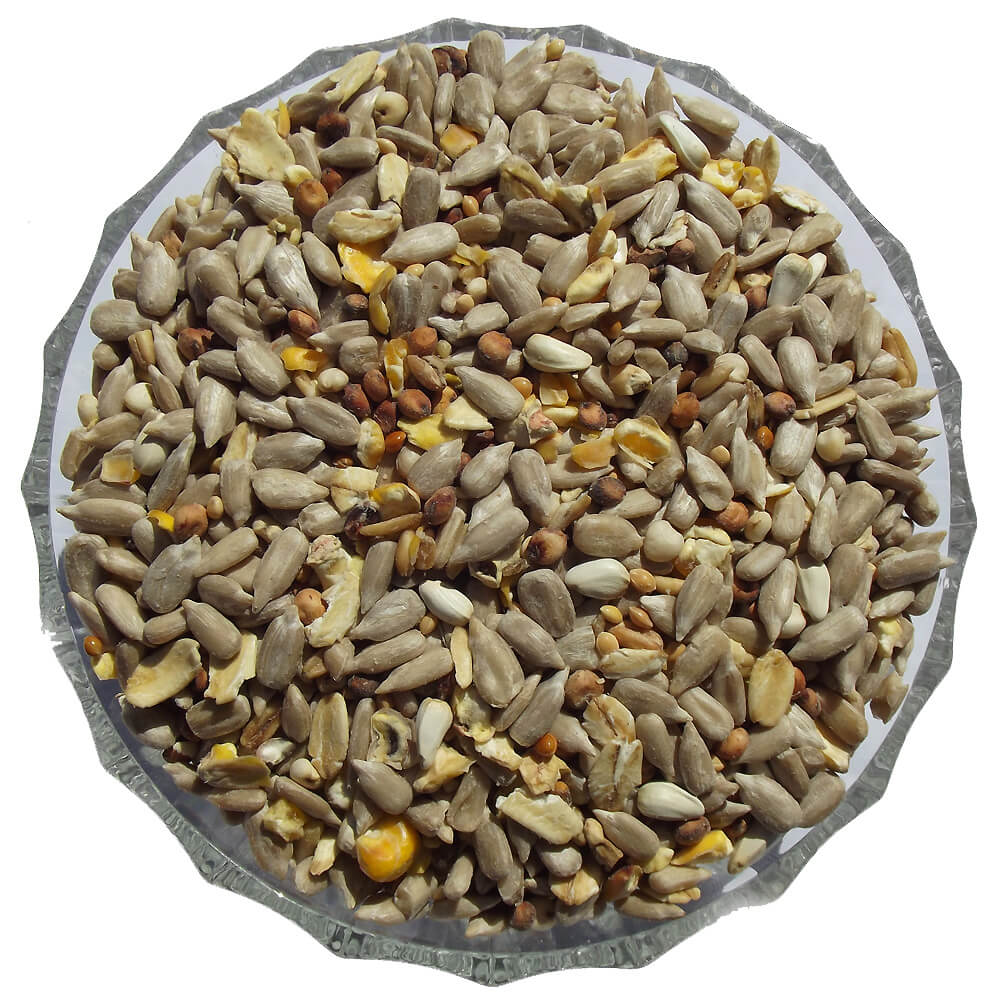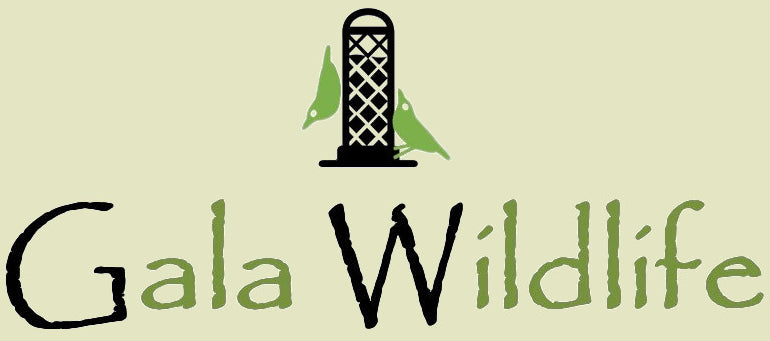Determine if the Baby Bird Needs Rescuing
Not every baby bird on the ground requires intervention. Fledglings are fully feathered chicks that have left the nest but can't fly yet. Their parents continue feeding them on the ground for a few days until their flight feathers develop. Only intervene if the baby bird exhibits these signs of distress:- Unfeathered or just downy feathers (nestling)
- Cold, lethargic, or visibly injured
- In immediate danger from pets, children, or harsh weather
- Making no sounds (nestlings frequently call out)
- On a busy road or other unsafe area
Step 1: Try to Find the Nest
If you've identified a nestling needing help, first attempt to locate the nest nearby. Look in trees, bushes, or building crevices within 20 feet of where you found the baby bird.Returning a Nestling to Its Nest
- Use a towel or gloves to gently pick up the nestling
- Place it back in the nest
- Don't worry, parent birds won't abandon a baby due to human scent
- Monitor from a distance to ensure parents resume feeding
Step 2: Make a Temporary Nest
If the nest can't be found or reached safely, create a makeshift nest using:- A small box or container with air holes
- Lined with tissues, paper towels, or grass clippings
- Place it as close as possible to the baby's original location
Monitoring the Makeshift Nest
- Keep pets and children away
- Check every 2-3 hours for parent birds visiting
- Provide shade and place a hot water bottle under half the nest
- Do not attempt to feed the baby bird
Step 3: Contact a Wildlife Rehabilitator
If the parents don't return after 6-8 hours, or if the baby appears injured, contact a local licensed wildlife rehabilitator. They have the proper facilities, permits, and training to care for orphaned or injured baby birds.Never Attempt to Raise a Baby Bird Yourself
While your intentions are good, raising a baby bird requires specialised skills and facilities that rehabilitators are trained for. Improper care often leads to sickness, imprinting, and inability to release the bird back into the wild. It's also illegal to keep most native baby birds without proper permits. By following these steps, you give any displaced baby birds the best chance for reuniting with their parents or receiving proper professional rehabilitation care.
Nantwich and the surrounding areas are covered by the RSPCA Stapleley Grange Wildlife Centre and their details are as follows -
https://www.rspca.org.uk/local/stapeley-grange-wildlife-centre/aboutus/contactus
R S P C A, Stapeley Grange
London Road
Stapeley
NANTWICH
CW5 7JW
Only open for public to bring wildlife casualties: 8am-8pm Christmas day, Boxing Day and New Year's day: 8am-6pm
0300 123 0722
0300 1234 999 - Emergency Out of Hours & Advice Line. Contact emails: Stapeley@rspca.org.uk (Wildlife Team)


